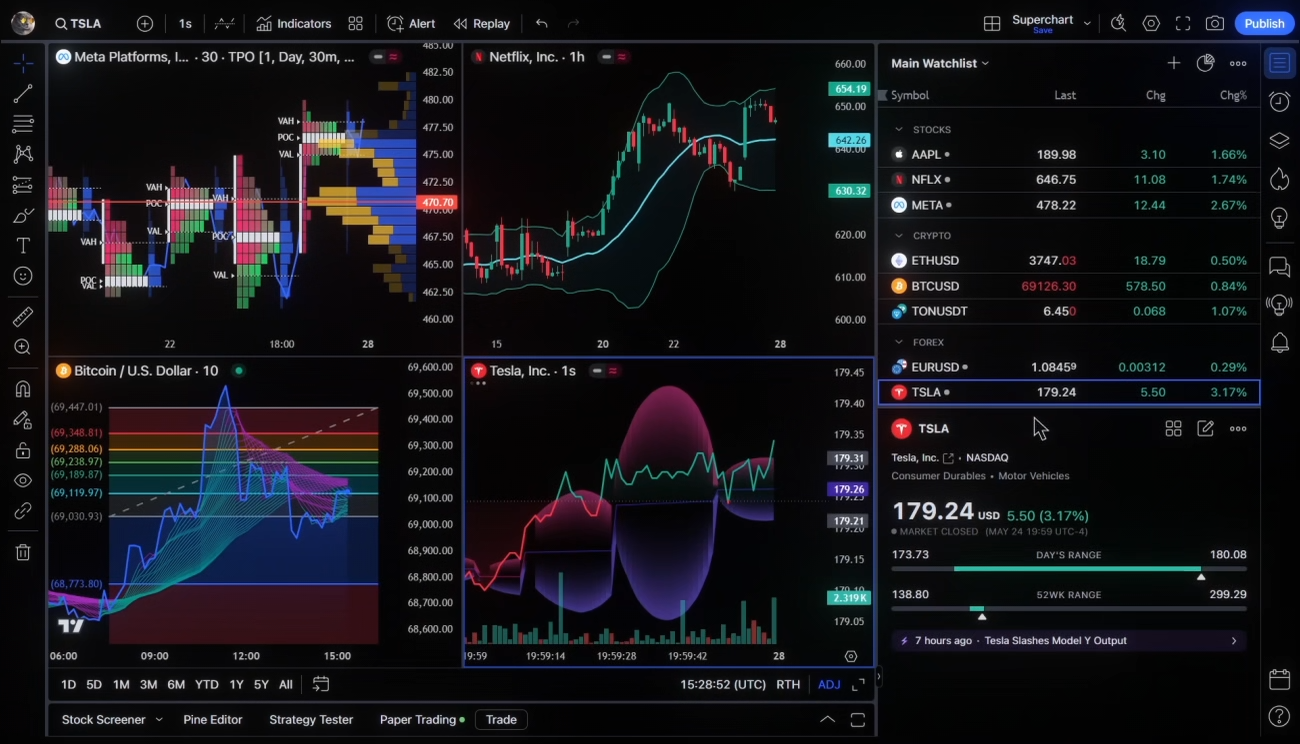Investing & Trading Platform for Stocks Options Features NFO Commodity ETFs Mutual Funds
The Indian Stock Market is one of the fastest-growing and most dynamic stock markets in the world. Over the past few decades, India has witnessed a surge in both retail and institutional investors, making the stock market a vital part of the country’s economy.

- Stocks
- Options
- Futures
- Commodity
- ETFs
- Mutual Funds
- IPO
- NFO
The roots of the Indian Stock Market date back to the 19th century when the Bombay Stock Exchange (BSE) was founded in 1875, making it one of the oldest stock exchanges in Asia. Initially, the stock market in India was very limited and operated with a small group of brokers who would meet under a banyan tree in Bombay (now Mumbai). Over time, the Indian stock market evolved significantly, with the BSE and the National Stock Exchange (NSE) becoming the major platforms for trading.
The liberalization of India’s economy in 1991 marked a turning point in the Indian stock market’s development. Policies were introduced to improve transparency, introduce foreign investments, and deregulate industries. The establishment of the NSE in 1992 provided a modern, electronic platform for trading, and today, it is one of the largest stock exchanges globally in terms of trading volume.
Discover More at Competitive Industry Rates
Exceptional stock trading and investing at competitive industry rates.
Key Features of the Indian Stock Market
Global Influence
India has one of the largest and most dynamic stock markets in the world, attracting both domestic and international investors. It is considered one of the most rapidly growing markets in the emerging economies.
Key Exchanges
The Indian stock market is primarily represented by two major exchanges:
o Bombay Stock Exchange (BSE): Established in 1875, the BSE is the oldest stock exchange in Asia and one of the largest in the world in terms of the number of listed companies.
o National Stock Exchange (NSE): Founded in 1992, the NSE is the largest stock exchange in India by trading volume and one of the most advanced exchanges globally in terms of technology and trading efficiency.

- Retail Investors: Individual investors who buy and sell stocks for personal wealth-building.
- Institutional Investors: Entities such as mutual funds, insurance companies, pension funds, and foreign institutional investors (FIIs) that invest on behalf of clients or stakeholders.
- Brokers: Licensed professionals or firms that facilitate the buying and selling of stocks and other securities for investors.
- Government and Regulators: The Securities and Exchange Board of India (SEBI) is the primary regulatory authority that governs and oversees the functioning of the Indian stock market to ensure transparency, fairness, and protection of investors’ interests.
Major Stock Market Indices:
- Sensex: The Sensex (S&P BSE Sensex) is a market index of 30 major companies listed on the BSE, widely regarded as the barometer of the Indian stock market. It reflects the overall health and performance of the Indian economy.
- Nifty: The Nifty 50, or the Nifty, is an index of the 50 most traded stocks on the NSE. It is often used as a benchmark to measure the performance of the Indian stock market as a whole.
Importance of the Stock Market:
- Capital Formation: The Indian stock market plays an essential role in raising capital for businesses, especially small and medium enterprises (SMEs), by allowing them to list shares and raise funds from the public. This capital is crucial for business expansion, innovation, and job creation.
- Wealth Creation: The stock market offers investors an opportunity to grow their wealth through capital appreciation and dividend income. Over the long term, stock investments have historically outperformed other asset classes like gold and fixed deposits in terms of returns.
- Economic Indicator: The stock market acts as a reflection of the overall economic health of a country. Changes in stock market indices, like the Sensex and Nifty, often serve as leading indicators of economic trends such as growth, inflation, or recession.
- Liquidity and Access: It provides liquidity to investors and gives them the ability to quickly buy and sell their investments. This also allows for a wide range of financial instruments (stocks, bonds, ETFs, etc.) to be traded.
- Wealth Distribution: The stock market democratizes wealth-building by allowing individuals from different economic backgrounds to participate in the ownership of companies.
